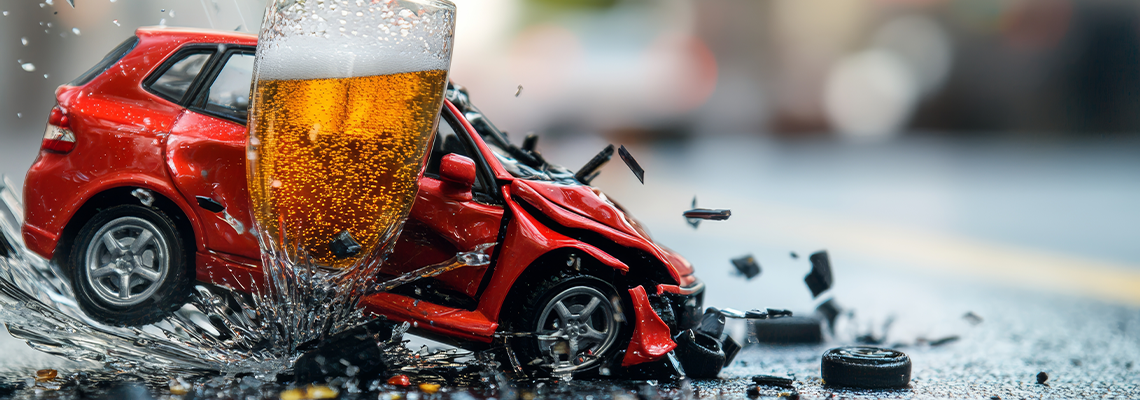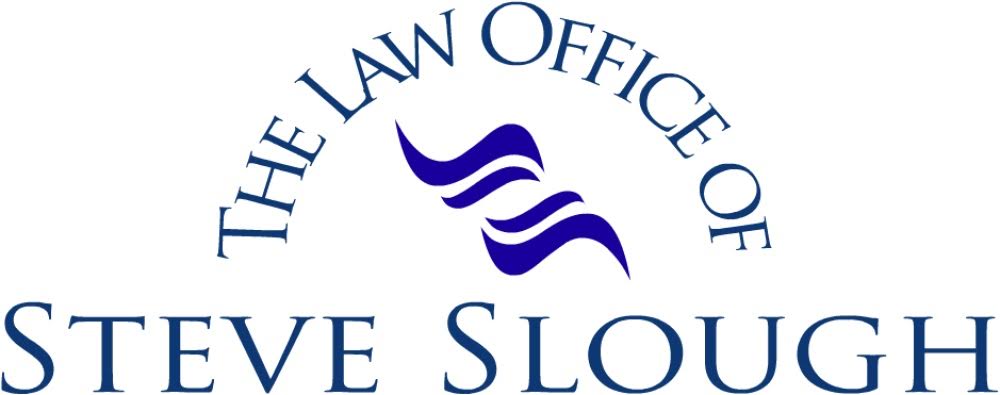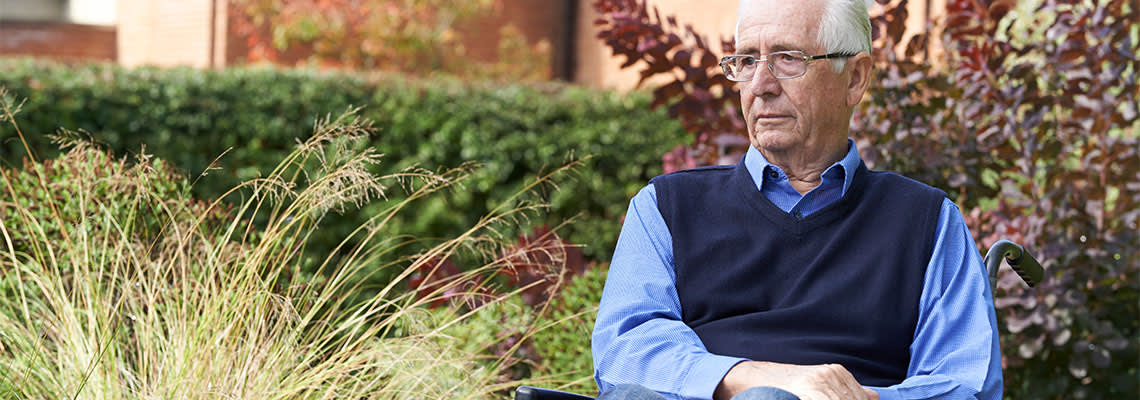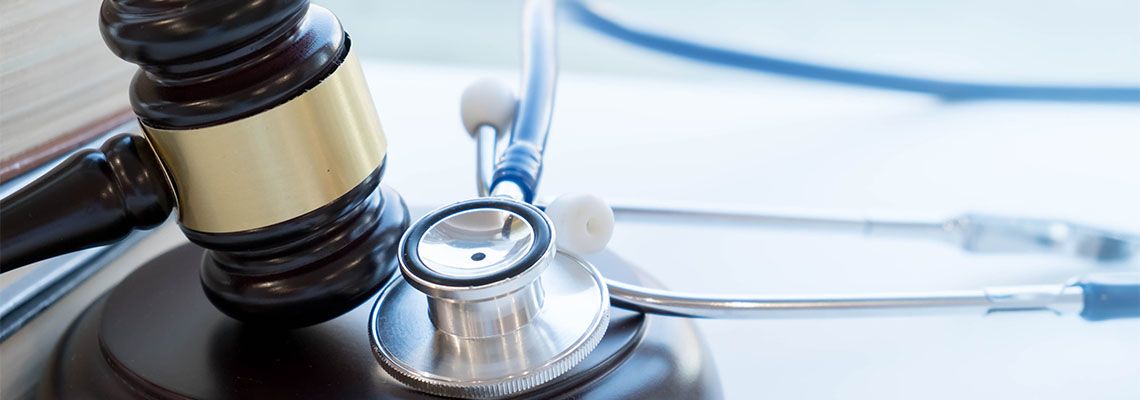If you suspect that your loved one isn’t receiving proper care in a nursing home or care home facility, it's common to experience significant stress, worry, and uncertainty. Unfortunately, nursing home negligence does occur, and it can take many forms, including physical harm, emotional abuse, improper medical treatment, medication errors, or substandard care.

Can Multiple Parties Be Liable for Drunk Driving Crashes?
Drunk driving accidents often lead to devastating injuries and significant financial strain for victims. While the intoxicated driver is typically the primary party at fault, others may also share responsibility. Identifying all liable parties can be critical in securing full compensation for damages.
At The Law Office of Steve Slough, we strive to identify every potential source of liability to help our clients recover what they’re owed. If you’ve been injured, working with our personal injury attorney can improve your chances of a successful claim. We serve clients in St. Louis, Missouri, St. Louis County, St. Charles County, and Madison County, Missouri, as well as those in St. Clair County, Illinois.
Liability for a drunk driving crash can extend beyond the impaired driver. Establishments that serve alcohol, employers, vehicle owners, or even government entities may be held accountable under certain circumstances. Read on to learn more about who may be responsible for your injuries and how you can pursue justice with our assistance.
The Drunk Driver’s Liability
The drunk driver is usually the first party considered liable in a crash. By driving under the influence, they violate the law and endanger others on the road. Proving their liability is often straightforward, especially when police reports, breathalyzer results, and eyewitness statements confirm their intoxication.
Even when another party shares fault, the drunk driver remains a central figure in the case. They may face criminal charges in addition to civil claims, but their insurance coverage or personal assets might not be enough to cover the victim’s losses. This is why exploring additional sources of liability may become necessary.
When the drunk driver can’t fully compensate the victim, other responsible parties may come into focus. One such group includes the establishments or individuals who supplied alcohol to the driver.
Liability of Bars, Restaurants, and Social Hosts
In some cases, businesses and social hosts who provided alcohol to the intoxicated driver may share responsibility. Dram shop laws and social host liability statutes vary by state, but they can be used to hold these parties accountable for overserving alcohol.
Some key aspects to consider include:
Dram shop laws – Many states allow victims to sue bars, restaurants, or liquor stores that serve alcohol to an obviously intoxicated person or a minor who later causes an accident. These cases often require proof that the establishment continued serving alcohol despite clear signs of impairment.
Social host liability – Private individuals who provide alcohol at parties or gatherings may be held liable if they knowingly serve alcohol to an intoxicated guest or a minor who later causes harm. This can extend to house parties or other informal events.
Challenges in proving liability – Evidence such as surveillance footage, receipts, or witness statements is often necessary to prove that an establishment or host was negligent in serving alcohol. Without solid proof, these claims can be difficult to pursue.
When bars, restaurants, or social hosts contribute to a drunk driving crash, they may be required to compensate victims for medical expenses, lost wages, and other damages. Another party that could share responsibility is the employer of the intoxicated driver.
Employer Liability for Drunk Driving Accidents
If a drunk driver was working at the time of the crash, their employer might be responsible under certain circumstances, particularly if the employer fails to enforce policies that prevent intoxicated employees from driving.
For instance, a company that hosts a work event where alcohol is provided could be liable if an intoxicated employee causes an accident afterward. Similarly, if an employer knowingly allows an intoxicated worker to operate a company vehicle, they could share fault for any resulting injuries.
Determining employer liability depends on whether the employee acted within the scope of their job duties at the time of the crash. If they were, the employer’s insurance policies might be another potential source of compensation. Beyond employers, vehicle owners can also face liability in certain cases.
Vehicle Owners and Negligent Entrustment
When a driver causes a crash in a borrowed or rented vehicle, the vehicle owner may also be held responsible. This is particularly true in cases of negligent entrustment, where a vehicle owner knowingly allows an unfit or intoxicated driver to operate their car.
For example, if someone lends their vehicle to a driver they know has a history of DUIs or is obviously impaired, they could be partially liable for any accidents. Rental car companies might also face responsibility if they fail to follow proper screening procedures before renting to a high-risk driver.
Establishing negligent entrustment requires evidence that the owner knew or should have known the driver was unfit to drive. If this can be proven, victims may have another avenue for compensation. Another possible source of liability involves rideshare and transportation companies.
Liability of Rideshare and Transportation Companies
In some cases, rideshare or transportation companies may be liable for a drunk driving crash. While rideshare services like Uber and Lyft have policies prohibiting intoxicated drivers, accidents still happen when these policies are ignored or poorly enforced.
If a rideshare driver is intoxicated at the time of a crash, the company may share responsibility if they fail to conduct proper background checks or allow a driver with a history of DUIs to remain on the platform. Additionally, if a rideshare company’s insurance coverage applies, it could be an additional source of compensation for victims.
Transportation companies, such as taxi services or limo providers, may also be liable if they employ a driver who was under the influence while working. Proving liability in these cases often requires a thorough investigation into company policies and hiring practices. Another less common but possible source of liability involves government entities.
Government and Municipal Liability
In some situations, government agencies may bear responsibility for a drunk driving crash. This typically happens when dangerous road conditions, faulty traffic signals, or inadequate law enforcement contribute to an accident.
Some key factors that might establish government liability include:
Poor road design – Intersections with obstructed views, missing guardrails, or inadequate signage can increase the likelihood of a crash. If a government agency failed to address these hazards, it could share fault.
Failure to maintain roadways – Potholes, faded lane markings, and broken traffic signals can make it difficult for drivers to react safely. If the municipality was aware of these issues and failed to fix them, it may be held accountable.
Negligent law enforcement – If police officers fail to properly enforce DUI laws or conduct sobriety checkpoints, impaired drivers might remain on the road longer than they should. This could contribute to preventable accidents.
Holding a government agency accountable can be challenging due to strict legal requirements and shorter deadlines for filing claims. However, if their negligence played a role, a personal injury attorney can help you include them in a liability claim. When multiple parties share fault, comparative fault laws determine how responsibility is divided.
Comparative Fault and Multiple Defendants
When more than one party is responsible for an accident, comparative fault laws dictate how damages are allocated. Some states follow pure comparative fault rules, while others apply modified versions that limit recovery if a victim is partially at fault.
For example, if a drunk driver is found 70% responsible for a crash and a bar that over-served them is 30% responsible, the victim can seek compensation from both parties based on their percentage of fault. This system helps make sure that victims aren’t left without compensation when one party lacks the resources to pay.
Understanding how fault is divided among multiple defendants requires a well-planned legal strategy.
The Impact of Insurance in Multi-Party Liability Claims
When multiple parties are responsible for a drunk driving crash, insurance coverage plays a significant role in determining compensation. Each liable party may have their insurance policy, which can impact how damages are paid to the victim.
For example, if a drunk driver has minimal insurance coverage but a bar that over-served them has a commercial liability policy, the victim may seek compensation from the bar’s insurer. Additionally, employers and rideshare companies often carry large commercial policies that may provide higher payouts than an individual driver’s personal policy.
Coordinating claims across multiple insurance providers can be complicated, especially when insurers try to shift blame to reduce payouts. A personal injury attorney can help manage these challenges and work to secure the maximum compensation available from all responsible parties.
Contact a Personal Injury Attorney Today
If you’ve been injured in a drunk driving accident, multiple parties may be responsible for your losses. At The Law Office of Steve Slough, we serve clients throughout St. Louis, Missouri, St. Louis County, St. Charles County, and Madison County, Missouri, as well as those in St. Clair County, Illinois. Call today to discuss your case with our experienced personal injury attorney and explore your legal options.
RECENT POSTS
When a product fails to perform safely or as intended, the consequences can be devastating. Victims may face serious injuries, permanent disabilities, or overwhelming financial losses, and defective product claims often involve detailed technical, scientific, and medical details that go far beyond ordinary knowledge.
Medical malpractice can be one of the most stressful and emotional experiences a person faces. When you or a loved one suffers harm due to a medical professional's mistake, the emotional and financial impact can be overwhelming. Filing a medical malpractice claim requires careful preparation and attention to detail.




